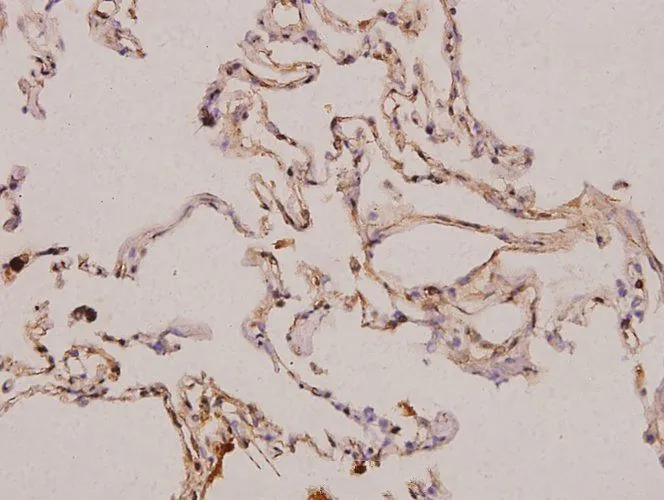
IHC-P analysis of human lung carcinoma tissue using GTX66716 PDGFA antibody. Dilution : 1:100
PDGFA antibody
GTX66716
ApplicationsWestern Blot, ImmunoHistoChemistry, ImmunoHistoChemistry Paraffin
Product group Antibodies
ReactivityHuman, Mouse
TargetPDGFA
Overview
- SupplierGeneTex
- Product NamePDGFA antibody
- Delivery Days Customer9
- Application Supplier NoteWB: 1:500-1:1000. IHC-P: 1:50-1:200. *Optimal dilutions/concentrations should be determined by the researcher.Not tested in other applications.
- ApplicationsWestern Blot, ImmunoHistoChemistry, ImmunoHistoChemistry Paraffin
- CertificationResearch Use Only
- ClonalityPolyclonal
- Concentration1 mg/ml
- ConjugateUnconjugated
- Gene ID5154
- Target namePDGFA
- Target descriptionplatelet derived growth factor subunit A
- Target synonymsPDGF-A, PDGF1, platelet-derived growth factor subunit A, PDGF A-chain, PDGF subunit A, platelet-derived growth factor A-chain, platelet-derived growth factor alpha chain, platelet-derived growth factor alpha polypeptide
- HostRabbit
- IsotypeIgG
- Protein IDP04085
- Protein NamePlatelet-derived growth factor subunit A
- Scientific DescriptionThis gene encodes a member of the protein family comprised of both platelet-derived growth factors (PDGF) and vascular endothelial growth factors (VEGF). The encoded preproprotein is proteolytically processed to generate platelet-derived growth factor subunit A, which can homodimerize, or alternatively, heterodimerize with the related platelet-derived growth factor subunit B. These proteins bind and activate PDGF receptor tyrosine kinases, which play a role in a wide range of developmental processes. Alternative splicing results in multiple transcript variants. [provided by RefSeq, Oct 2015]
- ReactivityHuman, Mouse
- Storage Instruction-20°C or -80°C,2°C to 8°C
- UNSPSC41116161

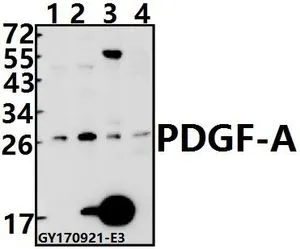
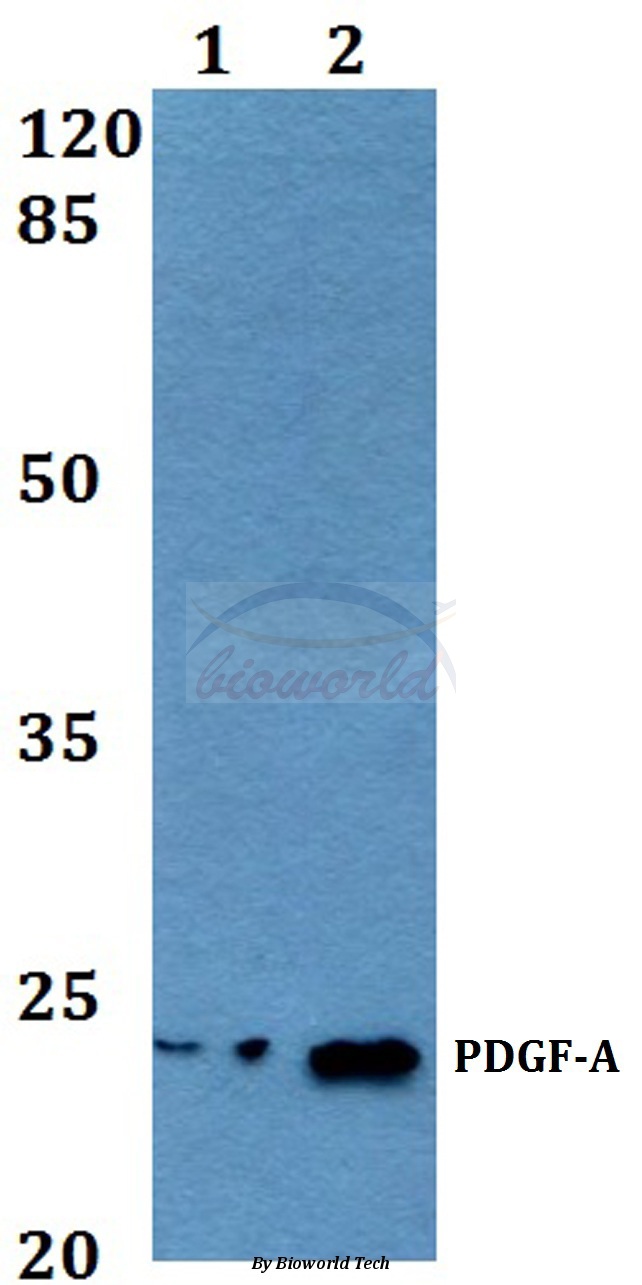

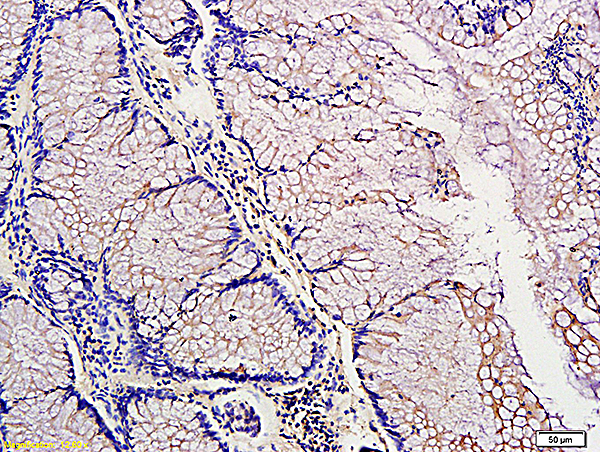




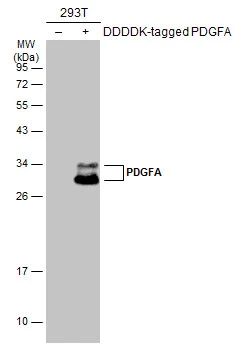
![WB analysis of human placenta tissue lysate using GTX52466 PDGFA antibody [6D35].](https://www.genetex.com/upload/website/prouct_img/normal/GTX52466/GTX52466_20220628_WB_22062719_271.webp)